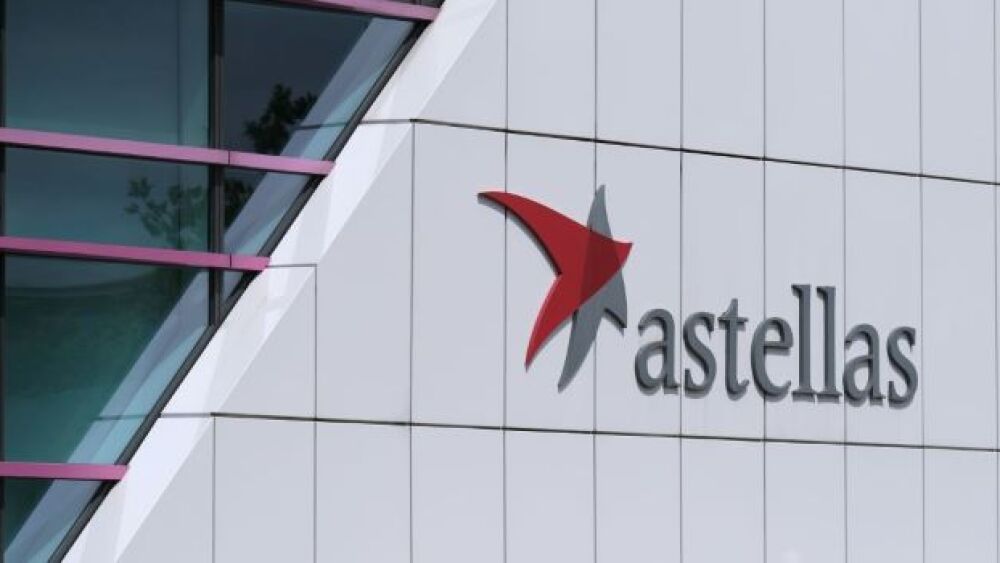The investigational oral drug for vasomotor symptoms in menopause women couldn’t meet the pre-defined efficacy. Here’s how it performed during the clinical stages.
Astellas drug couldn’t perform well in minimizing vasomotor symptoms in menopause. (Yuriko Nakao/Getty Images)
Astellas Pharma shared that its investigational oral drug for moderate to severe vasomotor symptoms in menopause did not meet the pre-defined efficacy endpoints in its initial 12-week observation period.
Interim findings from the Phase III MOONLIGHT 1 clinical trial showed that fezolinetant was not able to deliver a statistically significant change in the state of the 302 women participating. MOONLIGHT 1 is looking into the safety and efficacy of giving 30mg of fezolinetant daily for 24 weeks in women in China, Taiwan and Korea diagnosed with moderate to severe vasomotor symptoms associated with menopause. The first 12 weeks involve a double-blinded, placebo-controlled methodology, while the next 12 weeks would be non-controlled.
About the Trial of Oral Drug for Vasomotor Symptoms
Nancy Martin, M.D., PharmD, vice president and global medical head of medical specialties for Astellas, said the company would evaluate the results and review the data once the trial is complete. It will also not affect financial expectations for the current fiscal year to March 31, 2022. Detailed results from MOONLIGHT 1 are expected to be sent for publication after the 24-week analysis.
MOONLIGHT 1 is designed to support the registration of fezolinetant in Taiwan, Korea and China. Astellas is also conducting a 52-week single-arm Phase III MOONLIGHT 3 trial, which investigates the long-term effect and safety of fezolinetant in 150 women in China with vasomotor symptoms linked with menopause.
Vasomotor symptoms associated with menopause affects over 50% of women ages 40 to 60 years old worldwide and about 60% to 80% of women in the U.S. It is characterized by hot flushes and/or night sweats, affecting the quality of life if unaddressed.
For its application in the U.S. and Europe, regulators will base their decision on two other Phase III trials: SKYLIGHT 1 and SKYLIGHT 2, plus findings from SKYLIGHT 4 for long-term safety.
In the SKYLIGHT 1 and 2 trials, Astellas evaluated fezolinetant in over 1,020 women with VMS across 280 sites in Canada, Europe and the U.S. News about MOONLIGHT 1 came just shortly after the company announced that the drug achieved its primary endpoint of endometrial health under the PHASE III SKYLIGHT 4 trial, which evaluated results in over 1,800 women across 180 suites in U.S., Canada and Europe.
“Based on our initial assessment, we are pleased with the outcome of the SKYLIGHT 4 study, which further characterizes the long-term safety of fezolinetant. With these fezolinetant data, we are hopeful that we will have the opportunity to deliver a first-in-class, nonhormonal treatment option for moderate to severe vasomotor symptoms associated with menopause,” Martin said in an earlier statement.
Fezolinetant is a selective neurokinin-3 receptor antagonist. It works by blocking neurokinin B binding on the kisspeptin/neurokinin/dynorphin (KNDy) neuron to signal the brain’s center (hypothalamus) to reduce the severity and frequency of vasomotor symptoms. Its safety and efficacy have not yet been established as of this writing.





